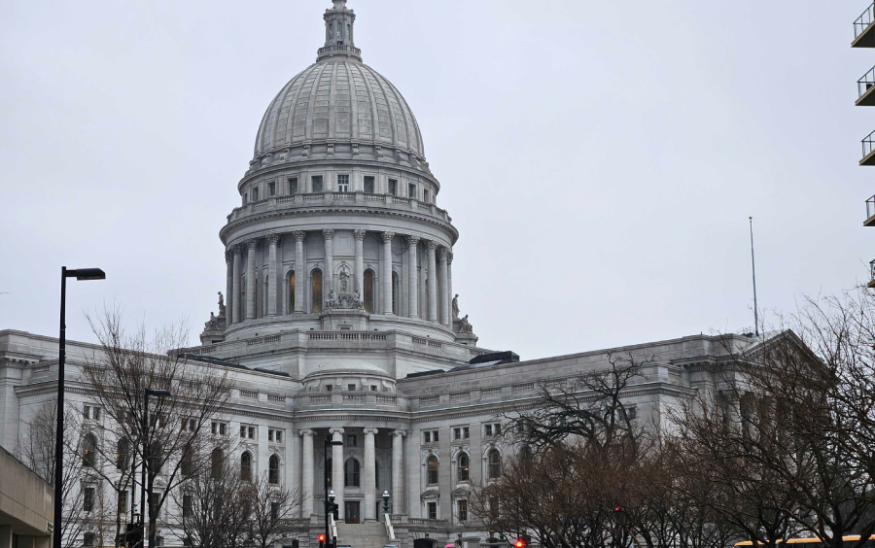
The Wisconsin State Assembly has approved a measure to halt the implementation of new commercial building codes until April 1, 2026, setting the stage for a policy debate between builders seeking flexibility and municipalities concerned about safety.
Assembly Bill 450, passed Tuesday, would delay the enforcement of recently adopted state building standards that were originally based on the 2021 International Building Code (IBC). The Wisconsin Department of Safety and Professional Services (DSPS) had already postponed enforcement twice earlier this year following concerns raised by builders and developers.

During the floor session, Rep. William Penterman, R-Hustisford, defended the bill, arguing the extension would eliminate confusion and prevent costly project delays.
“The bill provides much-needed clarity, and will implement the new building code on April 1, 2026,” Penterman said, adding that the pause is designed to support construction projects already in progress and resolve lingering uncertainty within the industry.
Under the proposed legislation, the new code would not apply to any “public building, public structure or place of employment” if project plans are submitted to DSPS or a municipality before April 1, 2026.
The proposal has garnered support from leading trade and real estate groups, including:
However, environmental and municipal advocacy groups — including Clean Wisconsin, Wisconsin Conservation Voters, and the City of Milwaukee — have voiced opposition.
A spokesperson for the City of Milwaukee Department of Neighborhood Services warned that further postponement could jeopardize safety and efficiency.
“After a review... the city determined further delay of the 2021 International Building Code does not support the health, safety and welfare of our community,” the spokesperson said.
The city also argued that mixed compliance would be burdensome for staff.
“Further, allowing developers to submit plans that comply with either the 2015 IBC or the 2021 IBC would create additional administrative burdens upon the City of Milwaukee.”
Milwaukee officials noted that their team has already trained staff for the upgrade and has been reviewing plans consistent with the 2021 code even before formal adoption.

Officials at DSPS defended the delay, emphasizing the scale of the transition.
“We want to be good partners to Wisconsin’s building professionals,” said Dan Hereth, secretary of DSPS. “The process to develop this code experienced delays beyond usual rulemaking, including legislative tactics that stalled progress and the resulting court proceedings… this is the first upgrade to this code in a decade and represents a big change for the industry. So, to ensure a smooth transition for our partners in the building industry, we are granting an additional grace period for project submittals.”
Even with the delay, officials clarified that supplemental submissions — including fire suppression, HVAC, boiler, elevator and refrigeration systems — must align with whichever code the original plan was approved under, regardless of when construction proceeds.
The bill has been referred to the Committee on Licensing, Regulatory Reform, State and Federal Affairs. If passed by the Senate and signed into law, it will effectively freeze Wisconsin’s commercial building standards for another 18 months.
The decision now hinges on whether lawmakers prioritize construction timelines — or safety and modernization.
Originally reported by Ethan Duran in The Daily Reporter.